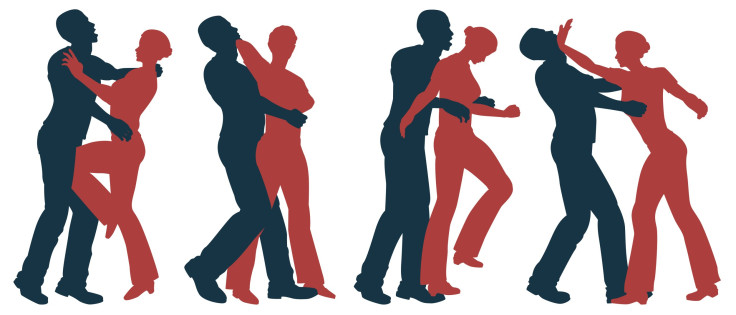Sexual Assault Education Program Teaches College Women Danger Cues, How To Be In Control Of Relationships

Charlene Senn, a psychology and women’s studies professor at the University of Windsor in Canada, has spent the past 10 years developing a sexual assault resistance education program where women can take to learn to identify dangerous situations — and get out. After enrolling actual students to take the 12-hour, intensive program, Senn found the risk of rape cut in half. The results of her work are published in The New England Journal of Medicine.
“[It’s] very remarkable,” Senn told the The Windsor Star. “This is the only program that actually decreases the sexual violence women experience for at least one year. It shows that providing women with knowledge and tools can increase their ability to defend themselves and reduce the severity of the violence they experience.”
Senn recruited 900 first-year women attending Windsor, as well as the University of Guelph and the University of Calgary (also in Canada) to take the program. Half of the students served as the control, only receiving brochures on sexual assault, including where campus clinics and counseling centers could be found, while the rest attended four, 3-hour sessions of Senn’s program. Senn and her colleagues taught students in the program how to recognize dangerous situations, to develop defensive strategies, and to practice self-defense; students received two hours of self-defense training.
The results showed women only reading the brochure reported rape more than women in the program: 9.8 percent and 5.2 percent, respectively. The percentage of women who experienced attempted rape was 9.3 per cent in the control group compared to 3.4 percent in the program group. Senn told the Star this indicates the resistance program also helps women recognize dangerous situation early on, helping them reduce the severity of their experience.
“What this shows us is that, while we wait for effective programs for men or for cultural shifts in attitudes to happen, there is something practical we can do to give young women the tools they need to better protect themselves from sexual assault," Senn said in a press release. "The health and social consequences of sexual assault can be serious and long-term for victims. We know that the...program works and see it as an important step in empowering young women to resist unwanted sexual activity and enjoy their sexual lives."
According to her research, Senn finds an estimated 20 to 25 percent of women are sexually assaulted during college, which can then lead to other problems and disorders, such as post-traumatic stress disorder, depression, and alcohol abuse.
Students who took the course, like Sarah Oszter and Bonita Loki Teixeira, told the Star every woman should be able to take it. It’s not just about learning danger cues, Teixeira said. For her, the program proved helpful in understanding how “the woman is in control of her own relationships.”
Source: Senn CY, et al. Efficacy of a Sexual Assault Resistance Program for University Women. The New England Journal of Medicine, 2015.



























